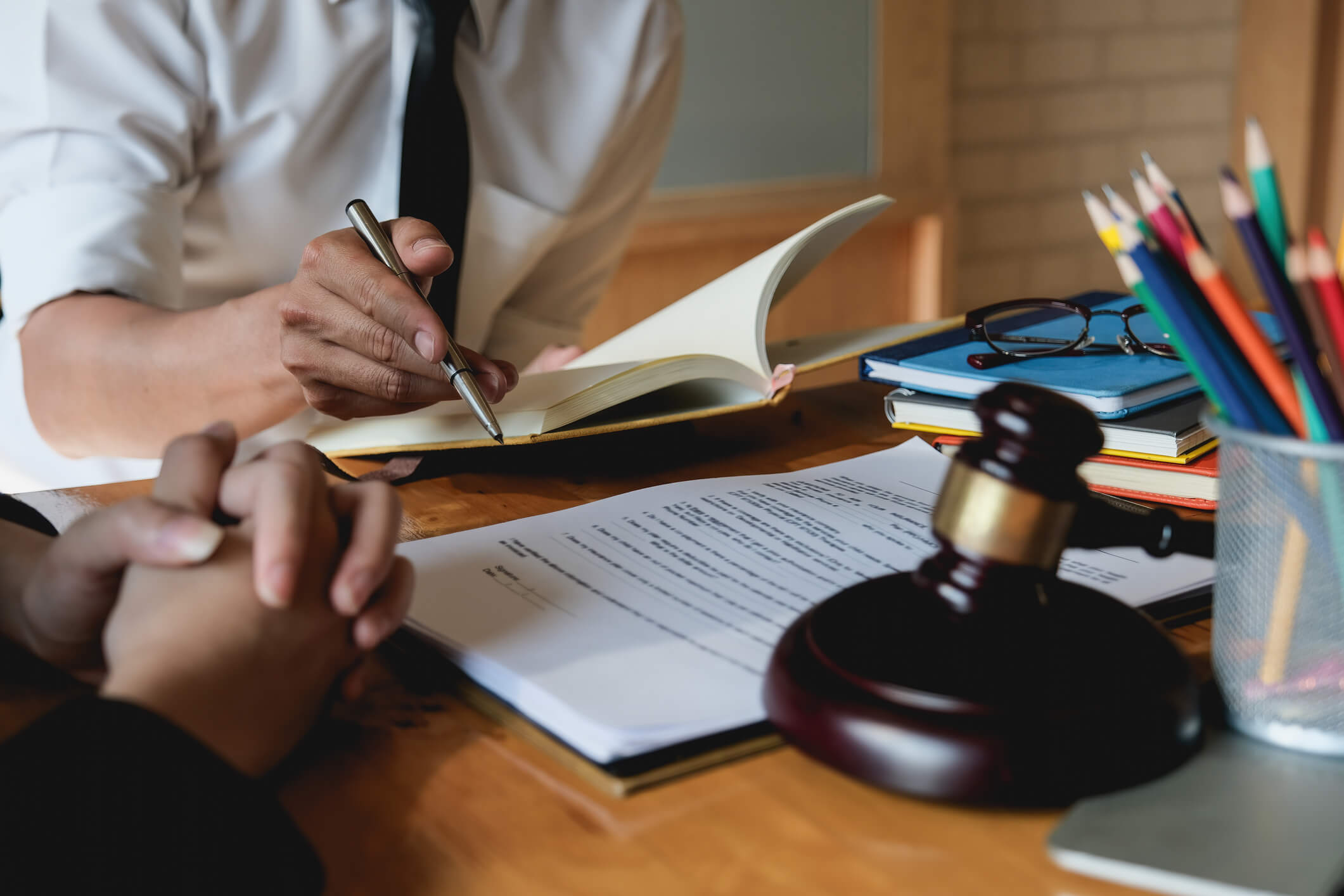In civil litigation, preparation is everything, and discovery is the foundation of that preparation. It’s the phase where both parties gather the facts and evidence needed to build their cases. This process helps ensure that everyone has access to the information they need to argue their side effectively. Whether it’s reviewing documents, asking questions under oath, or clarifying the issues in dispute, discovery creates a pathway for informed decision-making and fair resolutions.
The Legal Discovery Process
Litigants rarely enter a case with all the information they need. For example, if a customer is injured in a slip-and-fall accident, they may not initially know who owns the property, whether the business has a poor safety record, or if precautions were taken to prevent hazards. Discovery bridges this gap, allowing both sides to uncover the evidence needed to build their case or defend against claims.
Popular portrayals of courtroom drama often feature shocking revelations during trial. However, in reality, discovery minimizes such surprises by ensuring that relevant information is exchanged well before the case reaches the courtroom. This transparency allows both parties to assess the strengths and weaknesses of their positions. Additionally, discovery often leads to settlements, as it forces both sides to consider the risks of going to trial versus reaching an agreement. Settling not only saves time and money but also helps courts focus on cases that truly require a judge or jury’s intervention.
Methods of Discovery
There are several distinct methods of discovery available to North Carolina plaintiffs and defendants in civil litigation. They include:
- Interrogatories: These are written questions that the receiving party must answer in writing, under oath. State law limits interrogatories to no more than 50. Interrogatories help uncover basic facts about the case and direct parties to where they can uncover additional evidence.
- Depositions: A deposition involves examining a party or witness out of court and under oath. The answers given can be reduced to writing in the form of a transcript and may be used later in court. One key purpose of using a deposition is to know what a witness will say at trial.
- Requests for admissions: These are statements that the recipient will typically either affirm as true or deny as false. The intent is to determine which issues are in contention so the parties don’t waste time and energy establishing facts that they already agree on.
- Requests for production: A request for production is a formal request for someone to turn over tangible evidence, like a document, for inspection. In most cases, a party will simply turn over copies to the other side for them to keep and use.
Understanding Discovery Requests and Responses
Both plaintiffs and defendants can benefit from discovery methods. If you’re involved in litigation, using discovery effectively can help strengthen your case. At the same time, you should anticipate receiving discovery requests from the opposing party. Strict rules govern how discovery is conducted, and violating these rules can result in serious sanctions.
Not all discovery requests are valid. They must be narrowly tailored to uncover relevant evidence, not used as a tool to access irrelevant or intrusive information about the opposing party. If you receive overly broad or inappropriate requests, you have the right to object or ask the court to limit the scope of what must be produced.
Discovery often generates large volumes of documents, many of which may have little value to your case. An attorney can help review, organize, and identify the key records, saving you time, effort, and resources while focusing on the facts that truly matter.
Obligations and Rights During Discovery
During discovery, both parties have a duty to respond truthfully and thoroughly to requests for information. This obligation ensures that the process remains fair and that the court has access to all relevant evidence. For example, if you’re asked for documents or other materials, you must provide them unless a valid objection exists.
At the same time, you have rights that protect you during discovery. You can object to requests that are overly broad, irrelevant, or seek privileged information, such as attorney-client communications. If disagreements arise over these objections, the court can step in to resolve the issue through motions to compel or protective orders.
Common Challenges in Discovery
Discovery can be a demanding part of litigation, and both plaintiffs and defendants may encounter obstacles along the way. Some common challenges include:
- Delays in Responses: Parties may not respond to discovery requests within the required timeframe, causing setbacks.
- Overly Broad Requests: Requests that seek irrelevant or excessive information can lead to unnecessary complications.
- Confidentiality Disputes: Concerns over protecting sensitive or privileged information often arise.
- Incomplete or Inaccurate Responses: Failing to provide complete or truthful answers can undermine the discovery process.
Contact an Experienced North Carolina Civil Litigation Attorney
Discovery is vital in building a strong case and ensuring fairness in litigation. By understanding the process and addressing challenges effectively, you can better protect your interests. If you have questions about discovery or need assistance with your case, contact Patrick, Harper & Dixon, LLP today to schedule a consultation.

